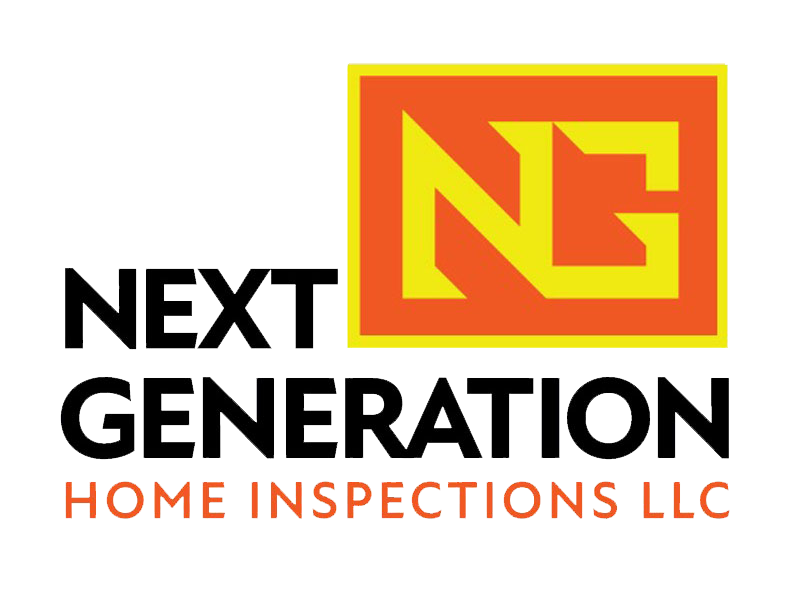When purchasing a home, condominiums are a unique and great option to look into. An HOA takes care of the ground and exterior maintenance, meaning you, as the homeowner, only have to worry about the home itself. A condo should always be inspected before you close the deal to ensure you’re not purchasing what could soon become a nightmare to maintain.
A condo inspection can change the outcome of a conditional offer. If you discover a major problem with the condo, as long as you have a home inspection clause in your conditional offer, you can use that report to back out of the deal. If you’re still sold on the home, a home inspection can help you negotiate a lower final price.
What’s the Difference Between a Home Inspection and Condo Inspection?
A condo inspection and a home inspection typically cover very similar areas. In a tower, certain spots may be left out if the inspector can’t access them, but in a more personal unit, you can often have a full home inspection. Since the exterior of your condo isn’t your responsibility, an exterior inspection can give you leverage to negotiate the final price of your home. Finally, it can provide more insight into how well-maintained the property is.
Full Inspection
A full inspection covers both your unit, and any attics, crawlspaces, exteriors, parking garages, and basements. If possible, your inspector will also do an assessment of the roof. While the exterior of your condo isn’t your responsibility, you can use the information gleaned from a full inspection to provide to your HOA for repairs.
Interior-Only Inspection
An interior-only inspection only covers the inside of your personal unit. Attics, crawl spaces, exteriors, roofs, common areas, parking garages, or staircases and railings are not included in an interior-only inspection. If you live in a high-rise tower where it may be more difficult to access certain parts of your home (like the exterior), an interior-only inspection is most ideal. If your inspector finds a leak from the roof of a top-floor unit, or damage done due to wood destroying organisms, you can report this to your HOA for repairs.



